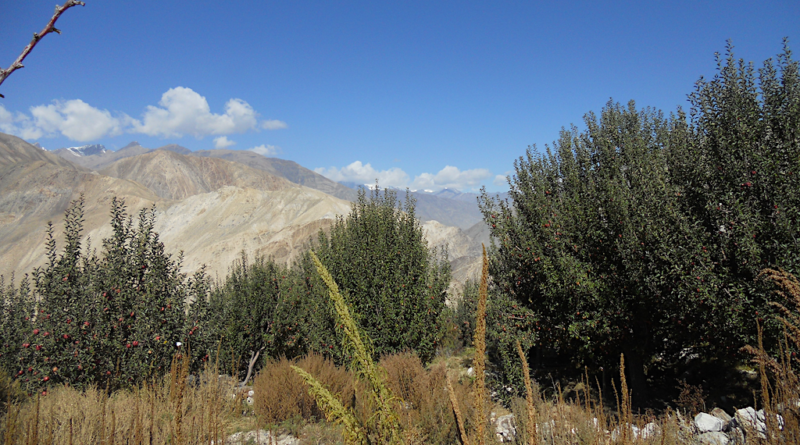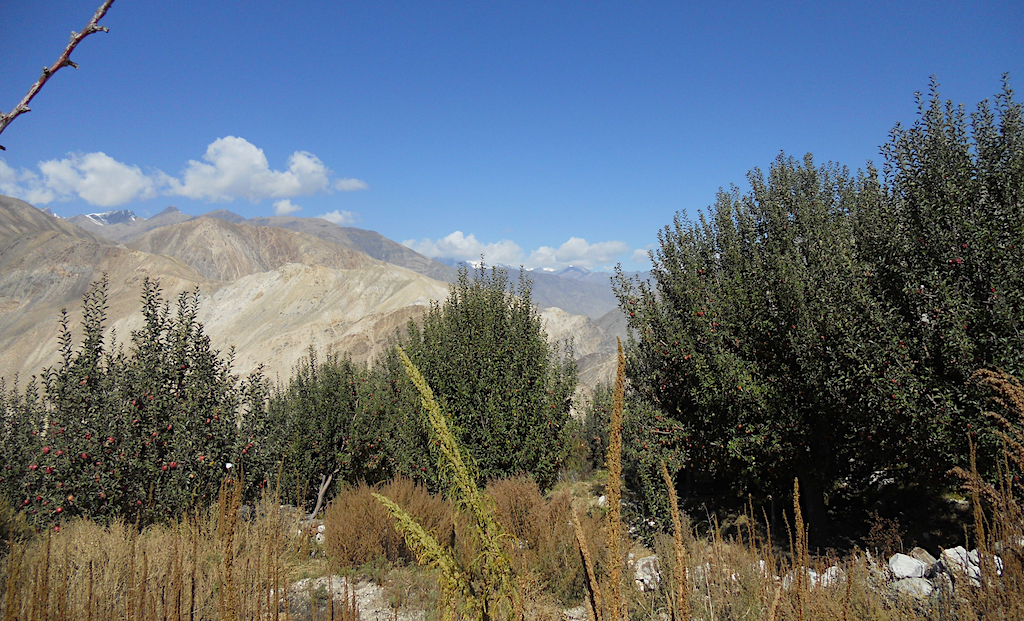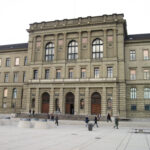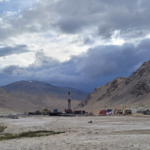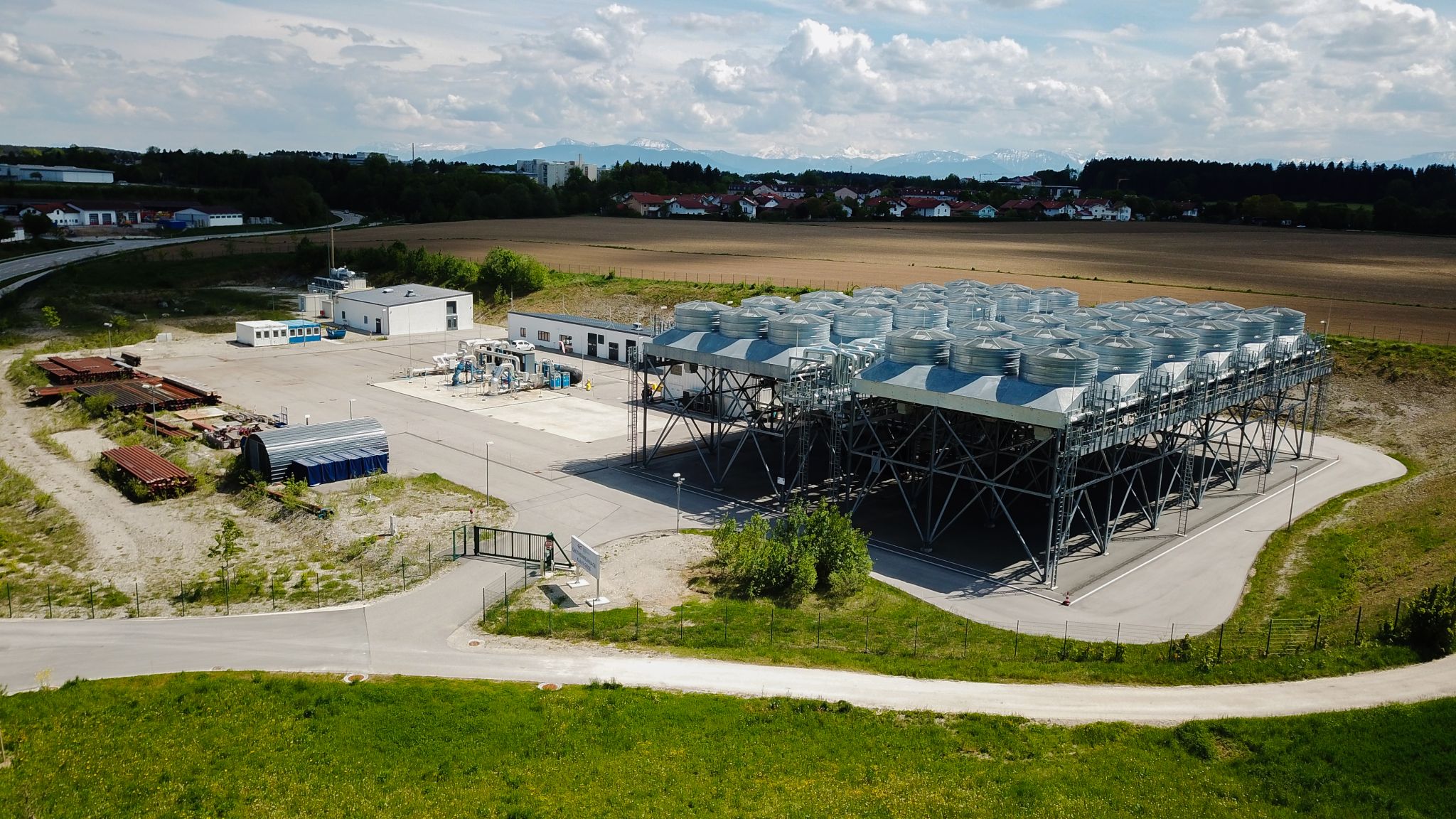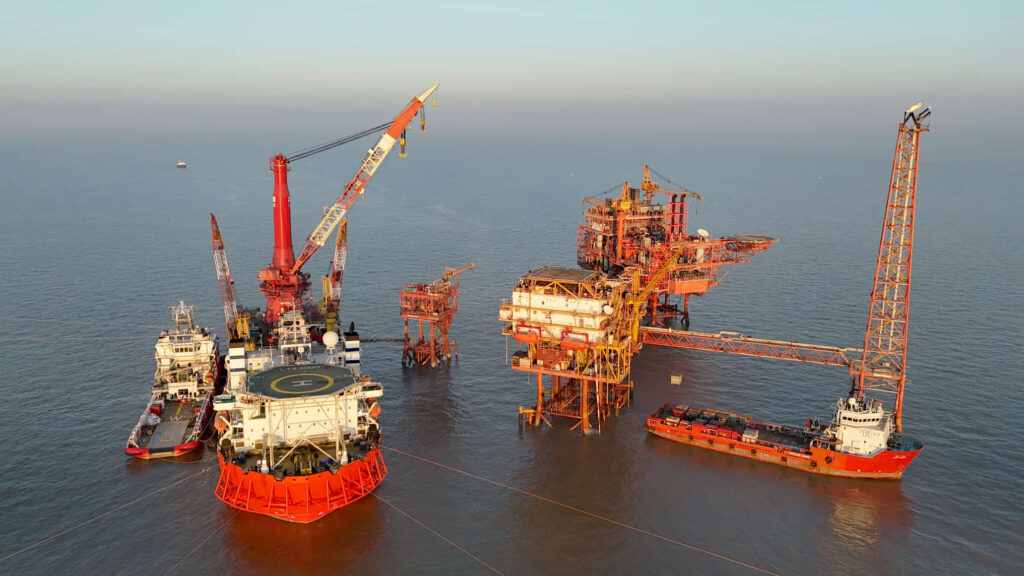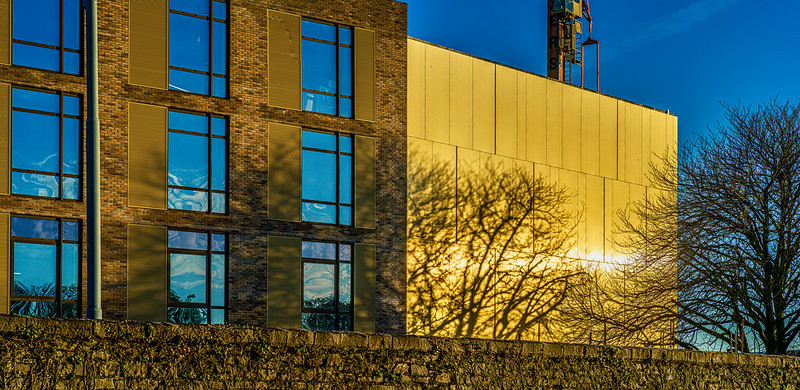Pairing Icelandic know-how with a geothermal opportunity in India
Energy Disrupter
In this interview with Dr. Vijay Chauhan of Icelandic developer GEG, we learn about an exciting geothermal project in the Northern Himalaya region of India.
Earlier this year, Icelandic company GEG announced an exciting and likely a bit unusual project in India partly funded by the Icelandic Ministry for Foreign Affairs. The project targets using low – temperature geothermal energy in northern India to establish cold storage for apples using absorption chilling technology, similar to the technology used today in fridges at home.
Apple farming came to the Northern Himalaya region in the the late 1800s, yet the sour types grown then were not quite as popular. This changed in the early 1900s with an American introducing the first Red Delicious apples Over long, his vision for a sustainable local economy made apples the region’s primary produce, and has had a profoundly positive impact fo the farming families. Today, the region is known for producing the tastiest and most expensive apples on the Indian market.
As of today, there are no cold-storage facilities for apples by local farmers, forcing them to sell apples at lower prices during the harvest season. Cold storage could allow them to sell apples over a longer period of time, thus creating more value for farmers and the local economy. The intention of the GEG Cooling project is using geothermal energy to run a steam-powered cold room for storage. Utilizing low temperature resources it provides direct use of geothermal energy for cooling, a more sustainable and cheaper way to cool the apples than using electricity.”
We were curious to learn more about the project and the key driver behind the project. For this purpose we sat down with Chief Research Officer (CRO) Dr. Vijay Chauhan, an Indian national he has been the driving force for the project within Icelandic geothermal development company GEG.
[embedded content]
From earlier discussions, one can sense a personal connection with the project, can you fill us in?
Throughout my geothermal studies and work on my PhD in Iceland I have seen the many opportunities geothermal energy provides and started thinking about ways to do a project back home in India as early as 8 years ago. While high temperature resources are not available everywhere, low temperature resources and the use of them for heating applications or cooling clearly provides a broader way of introduction to local development in India. I dreamt about doing a project in my home state that would benefit local businesses.
[embedded content]
Hailing from an apple farmer family actually from the same region of our project, I saw the challenges of farmers having to sell their apples at specific times and not necessarily at the time when prices are better. Clearly this negatively effects the farmers. So looking at this, together with our team at GEG we looked at the possibility to do a pilot project utilizing low temperature heat to set up a cold storage facility for apple farmers. … and so the GEG Cooling project was born.
We believe that with the project we can help boost the local economy, helping farmers to store their apples and thereby being more flexible in when to sell their apples guaranteeing better business opportunities and more income. Utilizing a sustainable source helps empower the rural enterprise of farmers and could be a hallmark for the 21st century rural development in India.
We are also quite grateful to the Icelandic Ministry for Foreign Affairs that supports us on this project.
What is the current status of the project?
Naturally, a project of this kind has many stakeholders and requires support on local and national level. We are grateful for the support provided by the Icelandic Ministry for Foreign Affairs which helped us to move forward with the project. We have presented our plans to the state government and the government is welcoming to investments of that kind. We have handed in our application for a permit to do a resource assessment and hope to receive a positive response soon.
Where do you see the greatest strength of GEG in delivering this project?
For a long time, GEG has had a good business relationship with India having purchased power plant equipment from India for millions of dollars and exported to projects in Kenya. So clearly that aspect is an important one in us entering development in India. GEG has always focused on a modular approach in its development, providing faster development cycles, proving the viability of a project, then also paired with the opportunity to gradually expand the projects.
Working now on concrete geothermal development with the GEG Cooling project in India, there is also the opportunity to expand our relationship with local manufacturers building on our experience on power plant technology before. We believe that the GEG Cooling project could be the pilot project for many more to follow. So there clearly is also an opportunity for India’s manufacturing sector in technology development and supply of equipment for projects in India and internationally.

